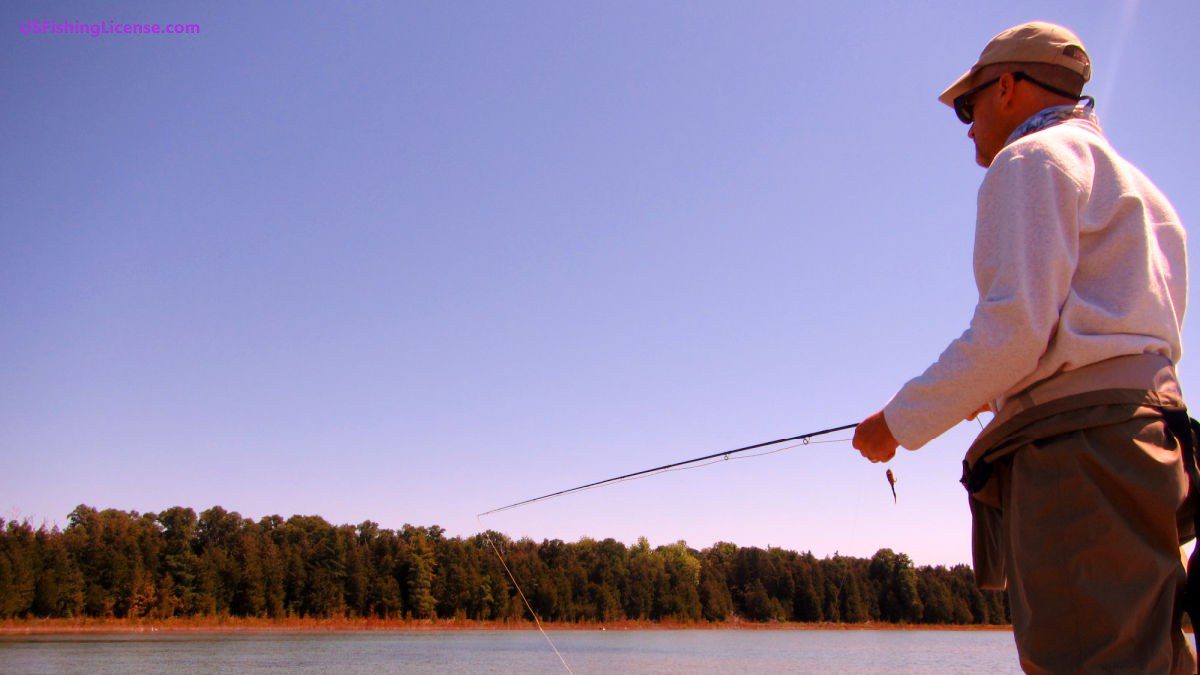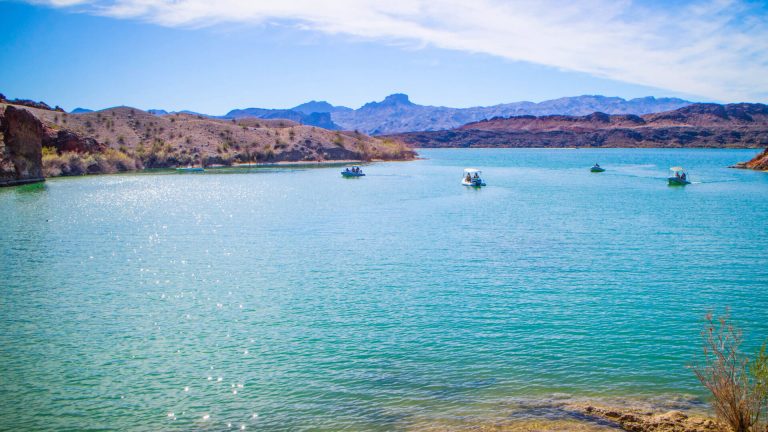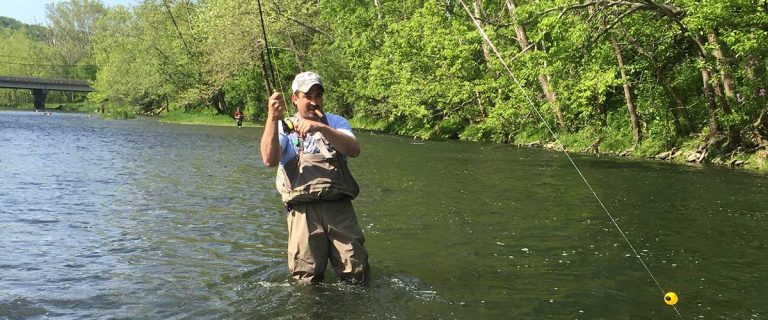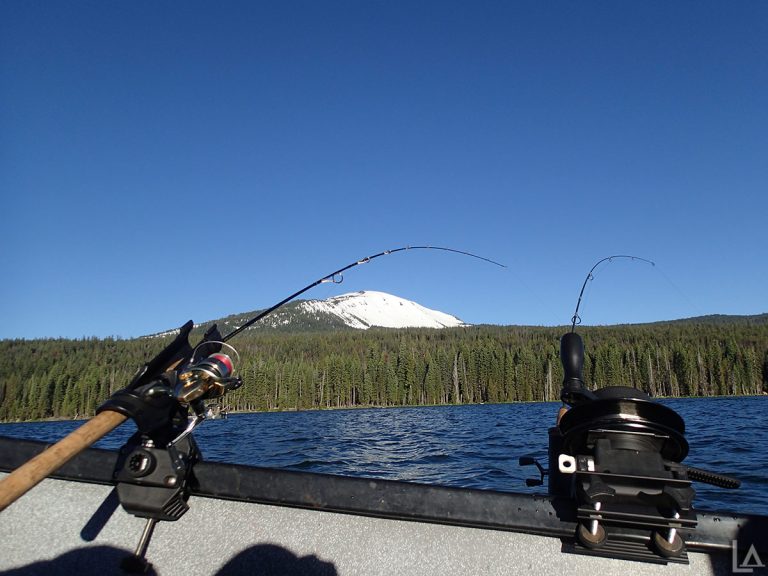Louisiana, often referred to as the “Sportsman’s Paradise,” offers anglers a diverse range of fishing opportunities across its abundant waterways. From the Gulf of Mexico to the Mississippi River and numerous lakes and swamps, the state provides a rich environment for both freshwater and saltwater fishing. However, before casting your line, it’s crucial to understand the state’s fishing license requirements and associated costs for 2025. This comprehensive guide will walk you through everything you need to know about obtaining a fishing license in Louisiana.
Types of Fishing Licenses in Louisiana
The Louisiana Department of Wildlife and Fisheries (LDWF) offers various types of fishing licenses to accommodate different angler needs and residency statuses. Here’s a breakdown of the main license categories for 2025:
Basic Fishing License
The Basic Fishing License is required for anyone 18 years or older who wants to fish in Louisiana’s freshwater bodies. This license covers all legal recreational freshwater fishing gear.
Saltwater Fishing License
If you plan to fish in saltwater areas, such as the Gulf of Mexico or coastal marshes, you’ll need a Saltwater Fishing License in addition to the Basic Fishing License.
Charter Fishing Licenses
For those planning to fish from a charter vessel, a Charter Fishing License is required. These licenses are valid for three days and are available for both saltwater and freshwater fishing.
Combination Licenses
Louisiana offers combination licenses that bundle multiple fishing privileges into a single package, which can be more cost-effective for avid anglers or those who plan to fish in various settings.
For a complete list of available licenses and their descriptions, visit the official LDWF Recreational Fishing Licenses page: https://www.wlf.louisiana.gov/page/recreational-fishing-licenses-and-permits
Fishing License Costs in Louisiana for 2025
To provide a clear overview of the costs associated with different fishing licenses in Louisiana, here’s a comprehensive table:
| License Type | Resident Fee | Non-Resident Fee | Details |
|---|---|---|---|
| Basic Fishing License | $17 | $68 | Covers all legal recreational freshwater gear |
| Saltwater Fishing License | $15 | $60 | Required in addition to Basic Fishing License for saltwater fishing |
| Charter Fishing License (Saltwater) | $20 | $20 | Valid for 3 days |
| Charter Fishing License (Freshwater) | $10 | $10 | Valid for 3 days |
| Sportsman’s Paradise License | $100 | $400 | Includes multiple privileges |
| Senior Hunt/Fish License | $5 | N/A | For residents born before June 1, 1940 |
| Lifetime Hunting/Fishing Combo License | $500 | $4,000 | Lifetime coverage for fishing and hunting |
Note: Prices are subject to change. Always verify current fees on the official LDWF website: https://www.wlf.louisiana.gov/page/fishing-licenses-and-fees
Special Considerations and Exemptions
Louisiana offers several exceptions and discounts for fishing licenses, including:
- Youth Exemption: Individuals under 18 are not required to have a fishing license.
- Senior Citizen Exemption: Louisiana residents born before June 1, 1940, do not need a fishing license.
- Military Discounts: Active-duty military personnel, National Guard members, and veterans with service-related disabilities may be eligible for discounted licenses.
- Disabled Resident Discounts: Louisiana residents with permanent disabilities can receive discounted or free fishing licenses.
For more information on exemptions and special licenses, visit: https://www.wlf.louisiana.gov/page/special-licenses-and-permits
Recreational Offshore Landing Permit (ROLP)
In addition to standard fishing licenses, private recreational anglers are required to have a valid Recreational Offshore Landing Permit (ROLP) to possess certain species in Louisiana waters, including:
- Tunas
- Billfish
- Swordfish
- Amberjacks
- Groupers
- Snappers
- Hinds
- Cobia
- Wahoo
- Dolphinfish
The ROLP is free of charge, and minors (under 18) are not required to have one. Learn more about the ROLP here: https://www.wlf.louisiana.gov/page/recreational-offshore-landing-permit
How to Purchase a Fishing License in Louisiana
Louisiana offers several convenient methods for purchasing fishing licenses:
- Online: Visit the LDWF website https://la-web.s3licensing.com/ to purchase licenses electronically.
- Phone: Call the LDWF’s toll-free number (888-765-2602) to purchase licenses 24/7.
- In-Person: Licenses can be obtained at LDWF offices, sporting goods stores, and some convenience stores throughout the state.
When purchasing a license, you’ll need to provide:
- Proof of residency (for resident licenses)
- A valid form of identification
- Social Security number
Conservation Efforts and License Revenue
A significant portion of the revenue generated from fishing license sales in Louisiana is dedicated to supporting conservation efforts, habitat restoration, and maintaining public access to fishing opportunities. By purchasing a fishing license, anglers contribute to the preservation of Louisiana’s aquatic resources and help ensure sustainable fishing practices for future generations.
For more information on LDWF’s conservation efforts, visit: https://www.wlf.louisiana.gov/page/conservation
Recent Changes and Updates for 2025
The Louisiana Department of Wildlife and Fisheries has implemented several changes for the 2025 fishing season. For the most up-to-date information on regulations and changes, always check the official LDWF website: https://www.wlf.louisiana.gov/page/fishing-regulations
Fishing Regulations and Best Practices
While having the correct license is crucial, it’s equally important to adhere to fishing regulations and best practices:
- Size and Bag Limits: Familiarize yourself with the current size and bag limits for different fish species.
- Seasonal Restrictions: Be aware of any seasonal closures or restrictions for certain species or areas.
- Gear Restrictions: Use only legal fishing gear and methods as specified by LDWF regulations.
- Catch and Release: Practice proper catch and release techniques to ensure the survival of released fish.
- Environmental Stewardship: Dispose of fishing line and other waste properly to protect wildlife and habitats.
For detailed fishing regulations, visit: https://www.wlf.louisiana.gov/assets/Resources/Publications/Fishing_Regulations/2025-Fishing-Regulations.pdf
Conclusion
Obtaining the appropriate fishing license in Louisiana is not just a legal requirement; it’s a crucial step in supporting the state’s rich aquatic ecosystems and ensuring sustainable fishing practices. By understanding the various license options, costs, and regulations for 2025, anglers can enjoy Louisiana’s diverse fishing opportunities while contributing to conservation efforts.
Remember to always check the official Louisiana Department of Wildlife and Fisheries website https://www.wlf.louisiana.gov/ for the most up-to-date information on fishing licenses, regulations, and any recent changes. Whether you’re a resident or visitor, freshwater or saltwater angler, Louisiana’s waters offer incredible fishing experiences for all. So, get your license, grab your gear, and enjoy the abundant fishing opportunities in the Sportsman’s Paradise!
Do I need a fishing license in Louisiana?
Yes, if you’re 18 or older, you need a valid Louisiana fishing license to fish in the state’s waters, with some exceptions for seniors and disabled residents.
How much is a 3-day fishing license in Louisiana?
For 2025, a 3-day charter fishing license costs $20 for saltwater and $10 for freshwater, regardless of residency status.
Can I fish in Louisiana without a license?
You can fish without a license if you’re under 18, a senior citizen born before June 1, 1940, or qualify for certain exemptions. Otherwise, a valid license is required.
What is the difference between a basic and saltwater fishing license in Louisiana?
The basic license covers freshwater fishing, while the saltwater license is an additional permit required for fishing in saltwater areas.







